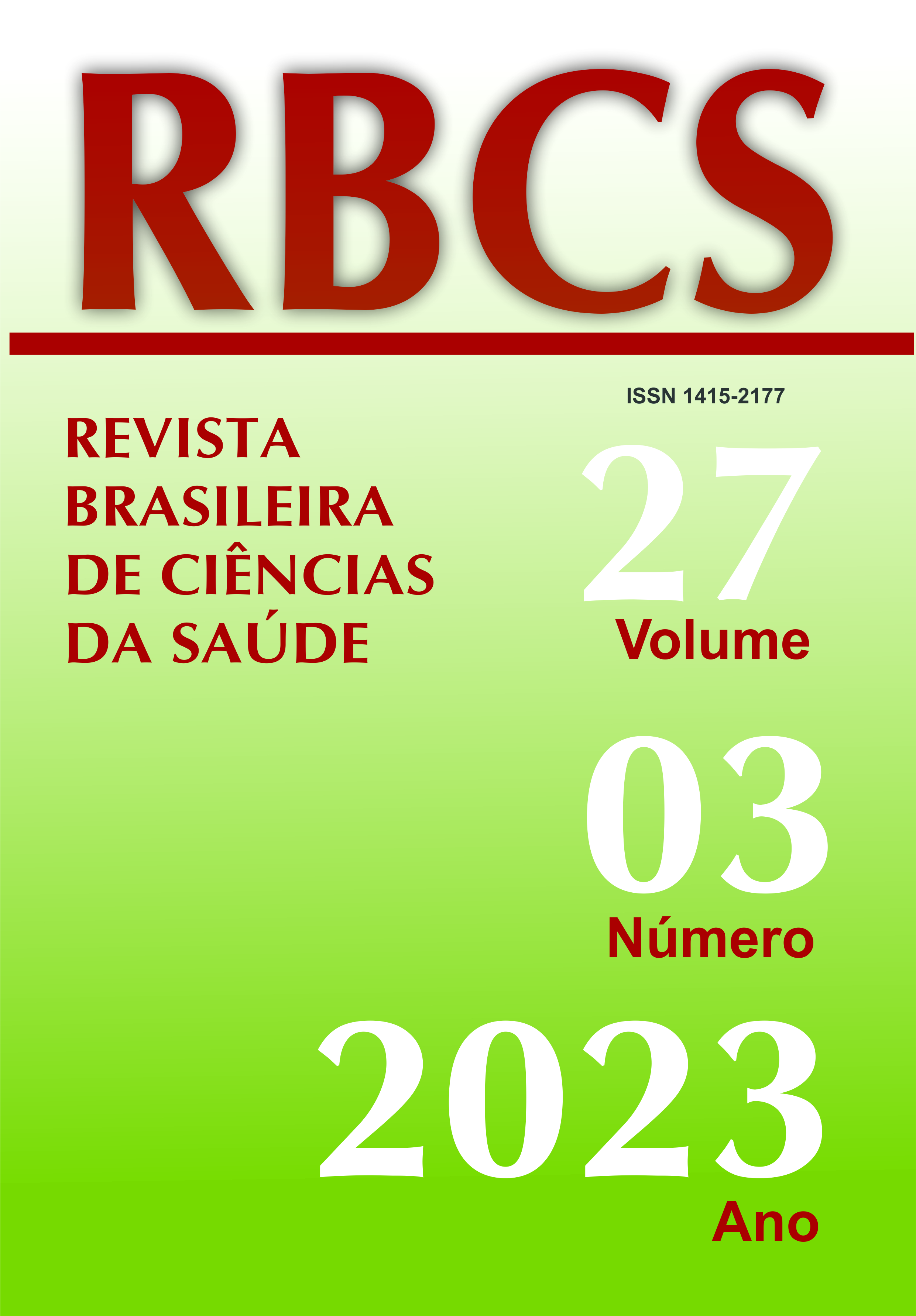O EXAME DE PAPANICOLAU NA ESTRATÉGIA SAÚDE DA FAMÍLIA NUMA CAPITAL DO NORDESTE DO BRASIL
DOI:
https://doi.org/10.22478/ufpb.2317-6032.2023v27n3.62367Keywords:
Primary Health Care, Papanicolau test, Nursing careAbstract
Objective: To analyze the perceptions of nurses of the Family Health Strategy (FHS) in a northeastern capital regarding the performance of the Pap smear. Methodology: Qualitative study with 115 nurses. The ALCESTE software was used to determine the analytical classes that were submitted to content analysis. Results: The main potentialities for the exam were health education activities, longitudinal and comprehensive monitoring of women and the ease of geographic accessibility to the Basic Health Unit. There was an offer to collect the exam on defined days with scheduling by spontaneous demand. Nurses diversified collection shifts and captured users on commemorative dates and campaigns. As for the weaknesses, the lack of knowledge, fear, partner interference and shame were identified, in addition to speeches associated with the management of the work process. Conclusion: The examination at the FHS expanded its access. However, investments are needed to enhance the uptake of users, development of effective educational actions, the establishment of a better flow of material and supplies, in addition to a more organized support network for the diagnosis of precursor injuries in the municipality


